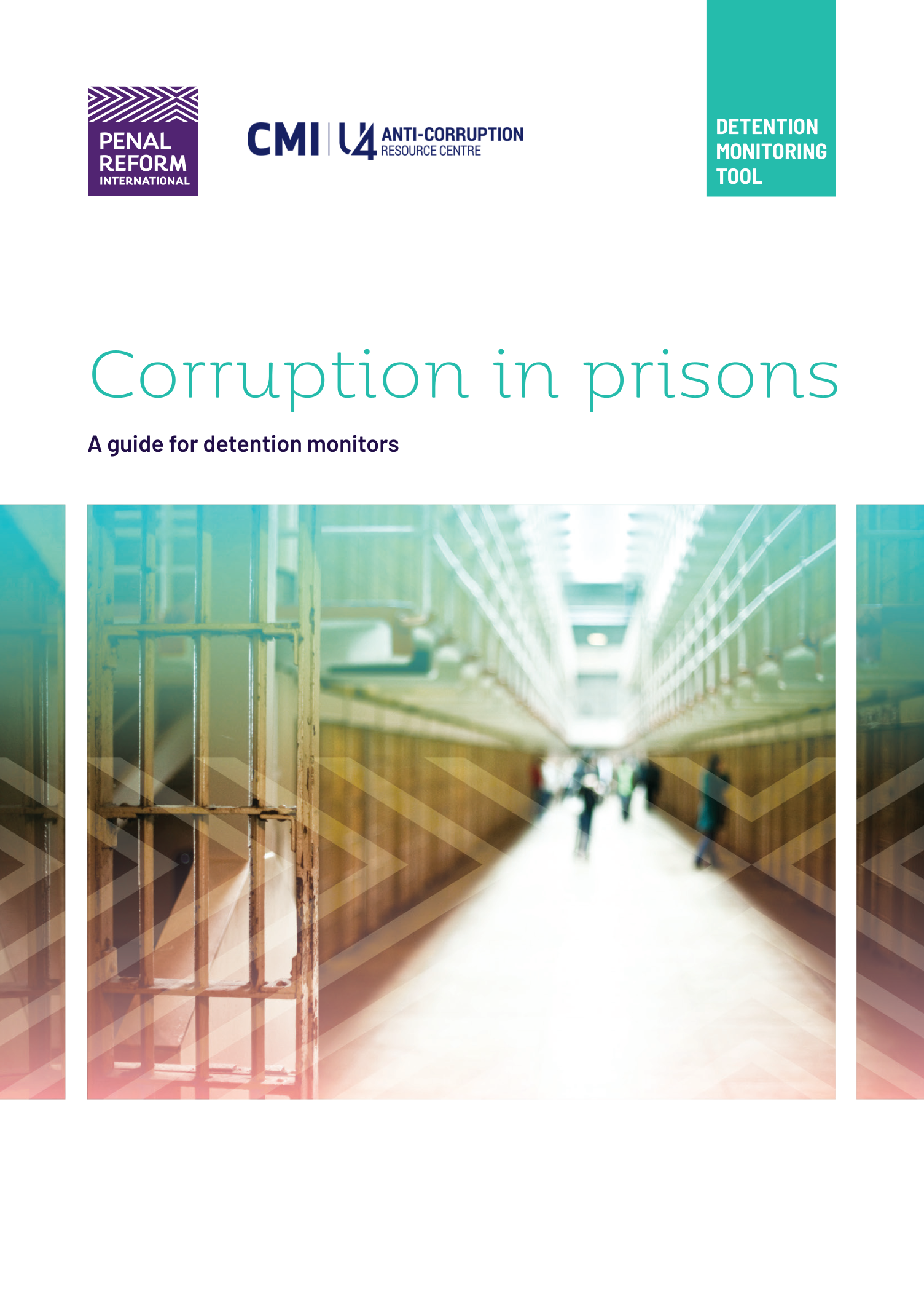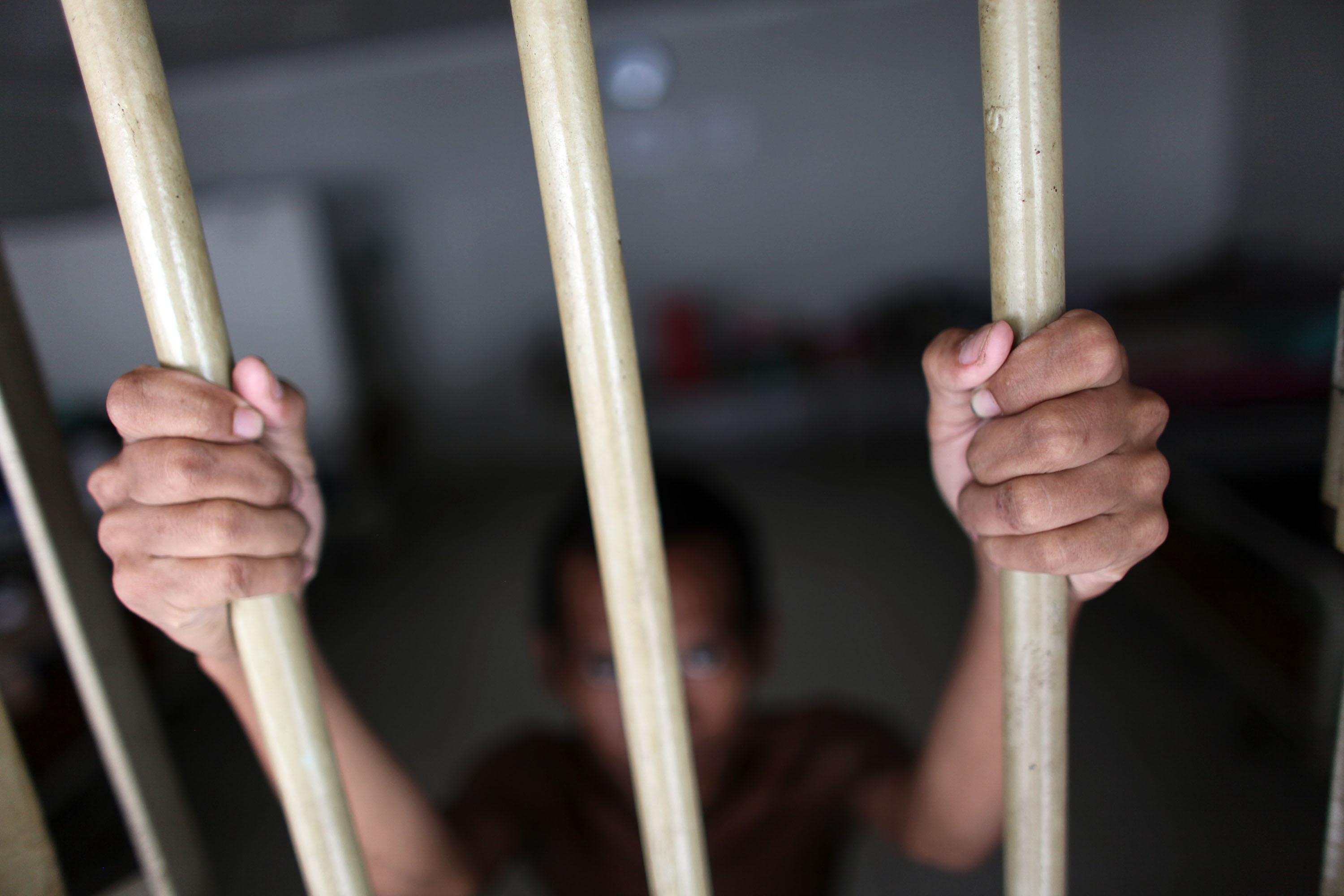Main points
- Prisons are particularly susceptible to corruption due to the inherent power imbalances between prisoners and staff and limited external oversight. Corruption in prisons can manifest in various forms such as petty bribery, misappropriation of funds, or sexual corruption, often leading to preferential treatment for certain inmates and disadvantages for others.
- Corruption in prisons impedes the rehabilitation of prisoners, crucial for reducing recidivism and improving public safety. It directly impacts the human rights and daily lives of prisoners, disproportionately affecting vulnerable groups and exacerbating existing inequalities and discrimination.
- Several factors contribute to corruption in prisons, including inadequate resources, poor pay and working conditions for staff, high levels of unchecked discretion, unprofessional relationships between staff and inmates, lack of accountability in procurement processes, the influence of organised crime, and poor institutional culture.
- Detention monitors play a critical role in addressing prison corruption. They have unique access to prisons and can document evidence of corruption, engage in advocacy, and support evidence-based policymaking. Their work is vital in situations where political will to address corruption is lacking.
- To effectively address corruption, monitors should understand international and national definitions of corruption, recognise behaviours that constitute corruption, consider the wide range of actors involved, and document evidence. They should engage in dialogue with authorities, promote whistleblowing systems, recommend independent investigations, contribute to policy and law reform, and advocate for greater transparency in prison administration and operations.



